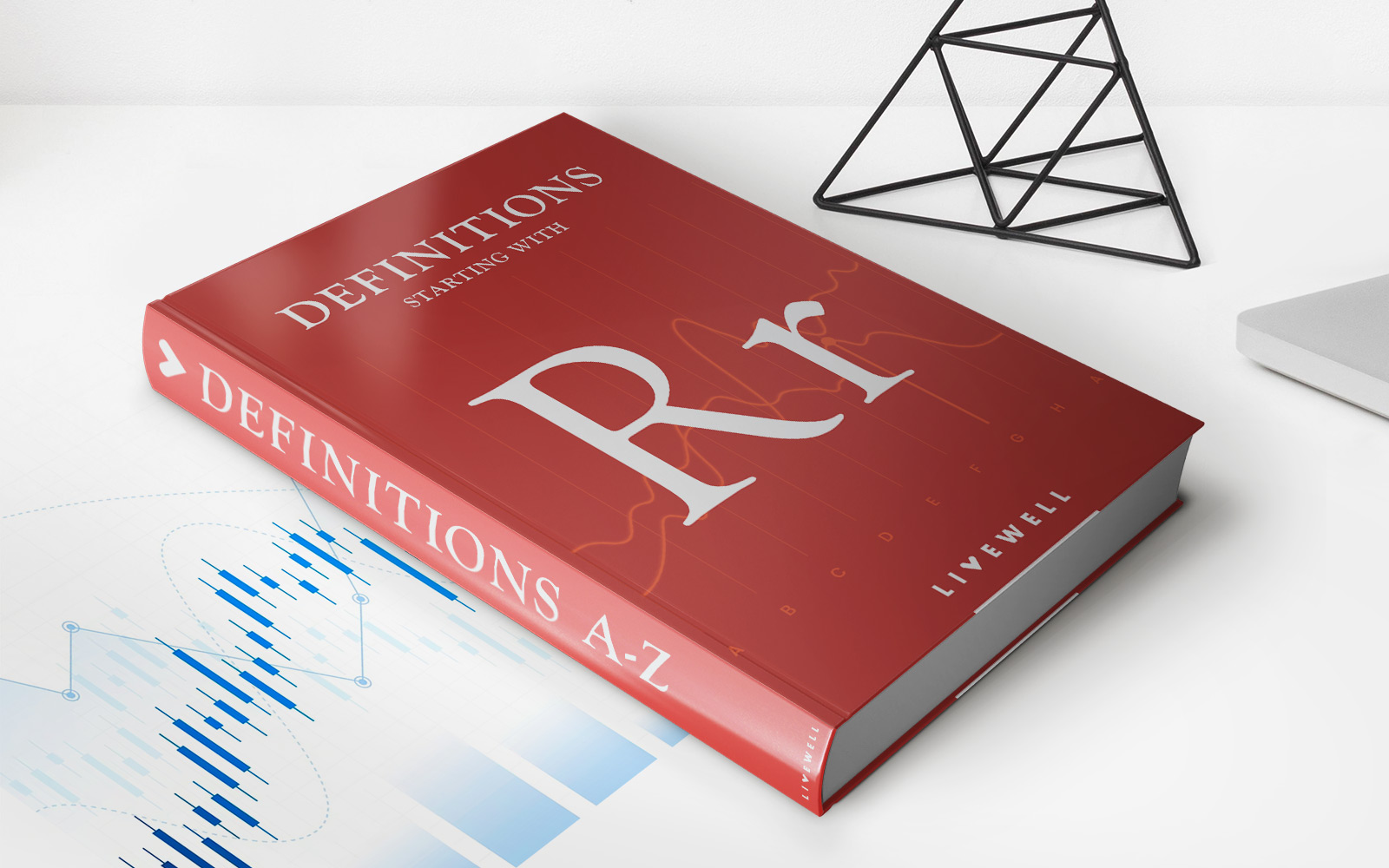Home>Finance>What Is A Cartel? Definition, Examples, And Legality


Finance
What Is A Cartel? Definition, Examples, And Legality
Published: October 24, 2023
Discover the meaning of a cartel in finance, explore real-life examples, and learn about its legal implications in industries.
(Many of the links in this article redirect to a specific reviewed product. Your purchase of these products through affiliate links helps to generate commission for LiveWell, at no extra cost. Learn more)
Understanding Cartels: A Deep Dive into Their Definition, Examples, and Legality
Have you ever wondered what a cartel really is? You may have heard the term before, often associated with illegal activities and shady dealings. But what exactly is a cartel, and why is it such a significant concern in the world of finance? In this article, we’ll unravel the complexities surrounding cartels, shedding light on their definition, providing real-life examples, and discussing their legality.
Key Takeaways:
- A cartel refers to a group of companies or entities that collaborate to manipulate market conditions and distort competition.
- Illegal cartels engage in price-fixing, market division, and output restrictions, which are harmful to consumers and violate anti-trust laws.
Defining a Cartel
Simply put, a cartel is an agreement between two or more companies to control market dynamics. These entities work together to push prices up, limit competition, or divide markets to maximize profits. Cartels are known for exerting undue control over market conditions, resulting in negative consequences for consumers, and hampering fair competition.
At the heart of a cartel lies collusive behaviour. Companies participating in cartels engage in illicit activities such as price-fixing, bid-rigging, and market allocation. By joining forces, these entities aim to eliminate price wars and maintain high profit margins, thus depriving consumers of the benefits of fair market competition.
Examples of Cartels
Cartels can be found across various industries, from energy and pharmaceuticals to transportation and finance. While some cartels operate in the open, others remain hidden, making detection and prosecution a challenging task. Here are a few examples that have made headlines:
- The Oil Cartel: Perhaps the most famous cartel in history, the Organization of the Petroleum Exporting Countries (OPEC) is a prime example. Made up of various oil-producing nations, OPEC colludes to control oil production levels and dictate prices to the global market.
- The Airline Cartel: In the late 1990s, several airlines were involved in a price-fixing conspiracy, manipulating fuel surcharges. This collusion resulted in artificially inflated ticket prices for consumers.
- The Pharmaceutical Cartel: Pharmaceutical companies have also been known to collude to drive up the prices of essential medications. By creating artificial scarcity or preventing the entry of generic alternatives, these cartels infringe on people’s access to affordable healthcare.
The Legality of Cartels
While cartels may seem like a convenient way for companies to maximize their profits, they are, in fact, illegal and a serious violation of antitrust laws. Governments worldwide have strict regulations in place to curb cartel activities and ensure fair market competition.
In the United States, the Sherman Act and the Clayton Act enforce antitrust laws, prohibiting cartels from engaging in price-fixing, bid-rigging, and market allocation. Violators can face hefty fines, imprisonment, or both. Similarly, the European Union has enacted legislation to combat cartels, including the Treaty on the Functioning of the European Union and the European Competition Network.
However, detecting and dismantling cartels can be an arduous task for regulatory authorities. Cartel members are often discreet in their communication and operate covertly, making it challenging to gather evidence. Nevertheless, the authorities remain vigilant, employing various investigative techniques to identify and prosecute these illicit operations.
Conclusion
Understanding the nuances of cartels is vital for anyone interested in finance and business. Cartels undermine market competition, harm consumers, and go against the principles of fair trade. By colluding to manipulate market conditions, entities participating in cartels face severe legal consequences.
As consumers, it is crucial to be aware of cartel activities and support the efforts made by regulatory authorities to uphold fair competition. Only through the dismantling of these illicit operations can we ensure a level playing field and a healthy economy.














